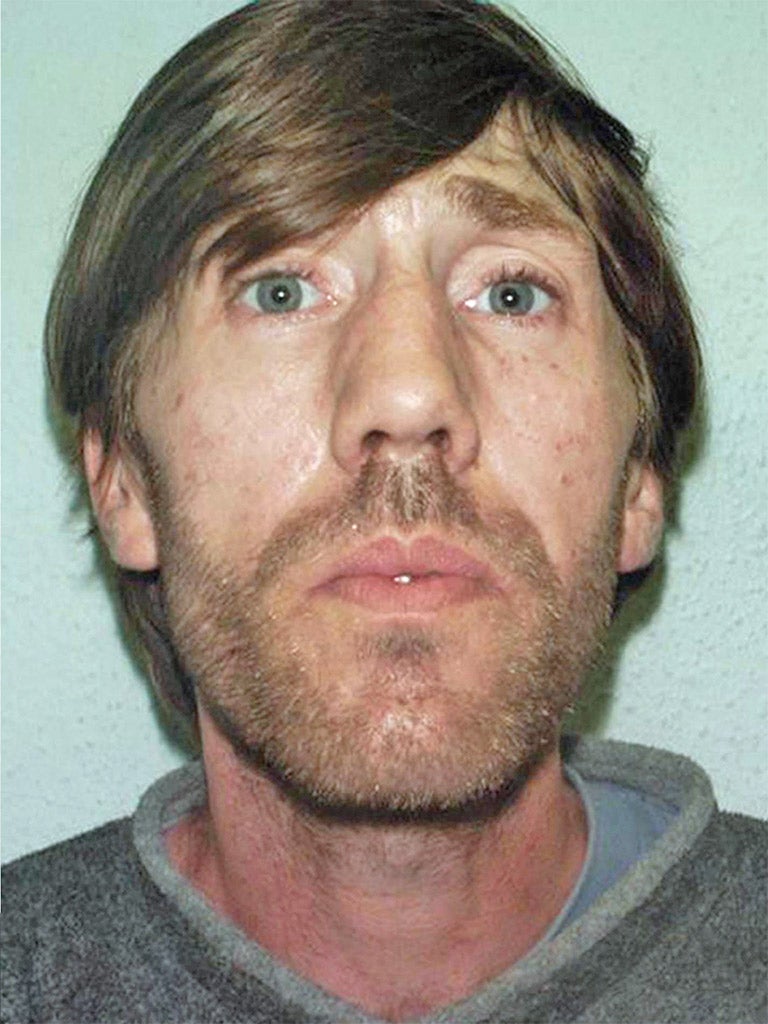Rapist should not have been sentenced to whole-life term
Five of the UK's most notorious criminals appeal against their life sentences

One of Britain's most dangerous criminals, a serial rapist who terrorised elderly women in a London suburb for more than a decade, should not have been sentenced to a "whole-life" tariff in prison, prosecutors conceded yesterday.
Michael Roberts, who was labelled the Bermondsey Beast for his string of attacks on women within a mile of his south London home, was told by a judge in January that his "depravity knows no bounds" and he would never be released from jail.
But prosecutors at an appeal against life sentences being brought by five of the country's most high-profile prisoners yesterday conceded that the tariff imposed on Roberts of imprisonment without the prospect of release had been "wrong in principle".
If the concession is upheld by the panel of five judges at the Court of Appeal, which includes Lord Justice Leveson, it would mean Roberts, 46, who is one of a small group of "life- means-life" prisoners, will face a new hearing to have his tariff reset.
The appeal case is widely seen as a test for the principle of a whole-life term before a number of cases being brought by British prisoners, including the killer Jeremy Bamber, come before the highest chamber of the European Court of Human Rights (ECHR) next month.
Yesterday's hearing was brought by David Oakes, 51, and 40-year-old Danilo Restivo, both killers, who along with Roberts are the subject of whole-life orders. Kiaran Stapleton, 21, who shot dead Indian student Anuj Bidve in Manchester last year, is seeking to have his 30-year minimum term reduced. A fifth unnamed prisoner is also appealing against a whole-life term.
Stapleton, Oakes and Roberts all watched the proceedings via a video link from prison.
David Perry QC, for the Crown, said it wanted the whole life terms of Oakes, who "sadistically tortured" his former partner before shooting her and their two-year-old daughter, and Restivo, a hair fetishist convicted of the murder and mutilation of his neighbour, to be upheld. He said: "Our submissions are intended to reflect that a whole-life order is reserved for rare cases of exceptional gravity, where a whole-life order is made for the purpose of pure punishment, and not for public protection."
In the case of Roberts, who was caught 15 years after his crimes after a cold-case review, Mr Perry emphasised that despite the Crown's concession on the rapist's whole-life term "we are not seeking to minimise the seriousness of the offences".
Lord Justice Leveson, who presided over the public inquiry into press standards, underlined that the proceedings were not about "letting people go". The criminal law allows prisoners to apply for parole only after their minimum term has expired and once they are deemed to no longer present a risk to the public.
The judge said that if an offender was not safe to release, then they should stay in prison "for as long as it takes and if that is forever, then so be it".
Judgment in the case was reserved but the court's findings will be an opportunity to clarify the sentencing of the most serious criminals before the ECHR considers the issue.
Bamber, along with two others, is seeking to have his whole-life sentence declared "inhuman and degrading" punishment contrary to human rights legislation.
A lower chamber ruled in favour of the Britain's whole-life rules earlier this year.
Most dangerous: The prisoners
Michael Roberts, 46 Named the "Bermondsey Beast" after his attacks between 1988 and 1990 in south London. He raped and beat his victims, reciting a prayer after one assault.
Kiaran Stapleton, 21 Nicknaming himself "Psycho", Stapleton murdered Indian student Anuj Bidve on Boxing Day in Salford last year, selecting him from a group and shooting him at point-blank range.
David Oakes, 51 The killer "systematically tortured" his former partner Christine Chambers before shooting her and their two-year-old daughter in Braintree, Essex. He turned the gun on himself but survived.
Danilo Restivo, 40 Born in Italy, Restivo was convicted in relation to the killing of a 16-year-old girl in his home town before he came to live in Bournemouth in 2002. In November that year, he murdered his neighbour, Heather Barnett, grotesquely mutilating her body.
Subscribe to Independent Premium to bookmark this article
Want to bookmark your favourite articles and stories to read or reference later? Start your Independent Premium subscription today.
